Despite significant technological progress in 2024, many users still encounter challenges when using LED lighting. This article explores 23 common issues that range from technical malfunctions to user experience concerns. We will delve into topics such as longevity, color consistency, dimming performance, and the complexity of smart LED systems, offering insights on how to troubleshoot and resolve these recurring problems. Your LED lights may suddenly stop working due to several reasons, including overheating, power surges, faulty wiring, or even reaching the end of their lifespan. The driver, which regulates power to the LED, could also be at fault. Regular maintenance and ensuring a stable power supply can help prevent unexpected outages. Common issues with LED lighting include sudden outages, flickering, dimming problems, and color inconsistency. Users often face challenges with power supply compatibility, heat dissipation, and premature failure, which may result from low-quality components or improper installation. Let’s take a closer look at these problems and how to address them. Flickering LED lights can be caused by voltage fluctuations, incompatible dimmer switches, or electrical system mismatches. This issue not only disrupts the environment but can also cause discomfort for some individuals. To fix this, ensure a stable power supply and use compatible dimming systems. Overly bright LED light can cause glare and eye strain. Adjusting lumen output or using diffusers can help reduce harshness. Installing a dimmer switch or choosing bulbs with lower brightness can create a more comfortable space. LEDs can overheat if there is inadequate heat dissipation. This can damage internal components and shorten the lifespan of the bulb. Ensure good ventilation and follow manufacturer guidelines to avoid overheating. Misaligned or incorrect colors can affect the ambiance of a space. This might be due to faulty diodes or incorrect settings. Technical support or replacing the affected units can resolve this issue. Prolonged exposure to blue light from LEDs can cause eye strain and disrupt sleep patterns. Using adjustable color temperature settings or blue light filters during evening hours can mitigate these risks. Compatibility issues between dimmer switches and LED bulbs can cause buzzing. Ensuring proper compatibility and checking for loose connections can help eliminate noise. Improper installation can lead to malfunctioning lights. Follow manufacturer instructions carefully and consider professional help if needed. While LEDs are efficient, they can emit UV and IR radiation. Choose high-quality products that minimize these emissions for better safety. Incorrect wiring can cause flickering or damage to LED circuits. Ensure wiring is compatible and installed correctly. Complex LED setups require careful planning. Proper design and execution ensure energy efficiency and accurate color display. Loose connections can lead to intermittent failures or safety hazards. Regular checks and tight connections are essential. Choosing the right beam angle ensures effective illumination. A wrong angle can cause glare or insufficient light coverage. Low-quality LEDs can fail prematurely. Invest in reputable brands and check warranty terms for long-term reliability. Dimming issues can occur with non-dimmable bulbs on PWM dimmers. Use compatible bulbs and choose high-quality options for optimal brightness. LEDs are not always compatible with incandescent fixtures. Check compatibility before installation to avoid inefficiency or failure. A low CRI can make colors appear washed out. Choose bulbs with a CRI of 80 or higher for accurate color representation. Using an incompatible driver can lead to performance issues. Always match the driver to the LED's specifications for optimal function. A faulty driver can cause flickering or dimming. Inspect and replace it if necessary to maintain reliable performance. Improper dimmer settings can cause flickering. Use a compatible dimmer and follow the manufacturer's guidelines for best results. Loose bulbs can cause flickering or failure. Ensure they are securely fastened for stable operation. Dimming issues often stem from incompatible dimmers. Use a high-quality, LED-compatible dimmer to ensure smooth operation. Some LEDs attract insects due to their light spectrum. Choose warmer tones and reduce brightness to minimize this effect. Color variation can occur due to different batches or aging. Purchase from the same batch and choose high-quality products for consistent results. The primary issue with LED lighting is flickering, which can be uncomfortable and harmful to the eyes. Flickering can be caused by poor connections, faulty drivers, or incompatible dimmers. Addressing these issues is crucial for a comfortable and effective lighting system. LEDs can fail due to factors like the quality of the fixture, compatibility of the driver, electrical fluctuations, and inconsistent power supply. Proper optimization and maintenance are essential for reliable performance. LEDs typically last 25,000 to 50,000 hours, much longer than traditional bulbs. Issues like flickering or early failure can impact their lifespan. Understanding these problems helps in maintaining optimal performance. Yes, LED lights can be repaired, depending on the issue. Simple fixes like loose wires or faulty drivers can be resolved easily. For complex problems, professional assistance may be needed. In some cases, recycling or replacing the fixture might be the best option. The most common issue with LED lights is flickering. This can be due to loose connections, incompatible dimmers, or power supply inconsistencies. Identifying the root cause is key to resolving the problem effectively. Common LED failures include flickering, buzzing noises, and overheating. These issues highlight the importance of proper installation and maintenance to ensure long-lasting performance. The future of LED lighting is moving toward human-centric solutions, allowing users to customize their lighting environments. With advancements in smart technology, LED systems will integrate seamlessly with home automation, offering precise control and enhanced comfort. As LED technology evolves, it promises to provide personalized lighting experiences that were previously unimaginable, improving both functionality and aesthetics in homes and workplaces. The failure rate of LEDs is generally around 3%, though it can rise to 10% depending on the application. Some surveys suggest it can reach 20% or higher, emphasizing the need for careful selection and installation to ensure long-term performance. Bottle Making Machine ,Semi Auto Blow,Semi Auto Bottle ,Semi Auto Blowing Machine Taizhou Langshun Trade Co.,ltd , https://www.longthinmachinery.com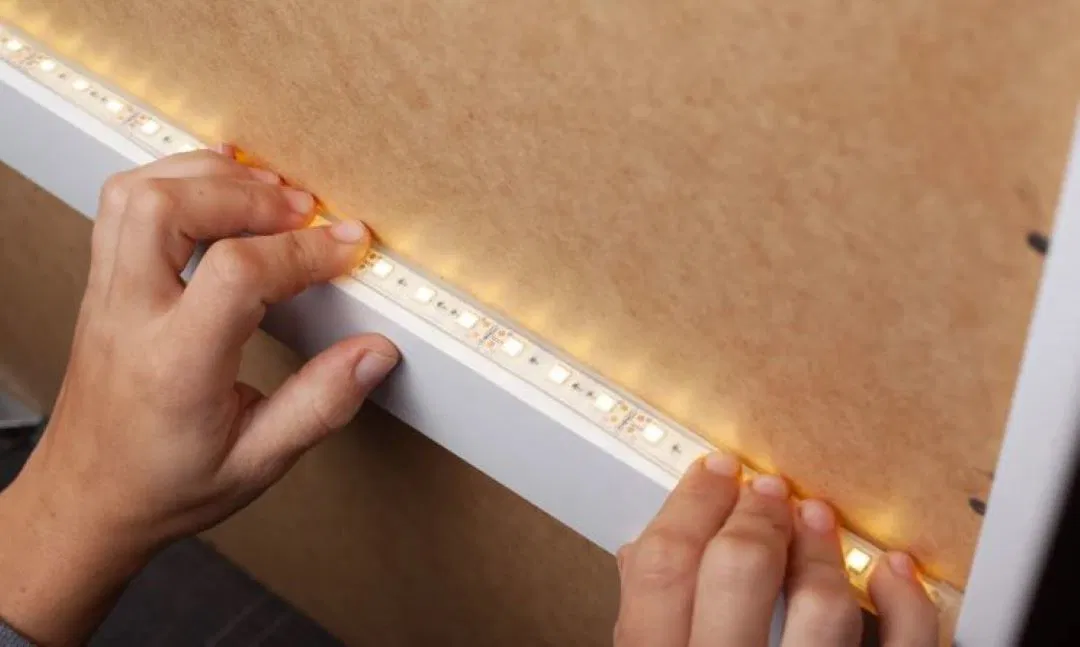
Why did my LED lights stop working all of a sudden?
What are the common problems with LED lighting?
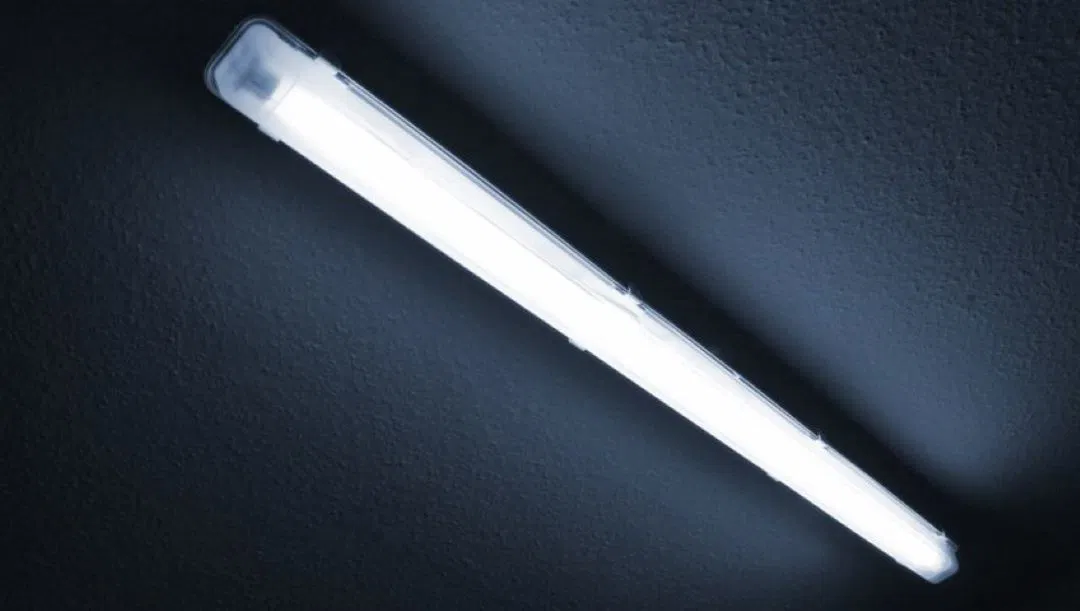
1. LED Light Flickering
2. Excessively Bright Light
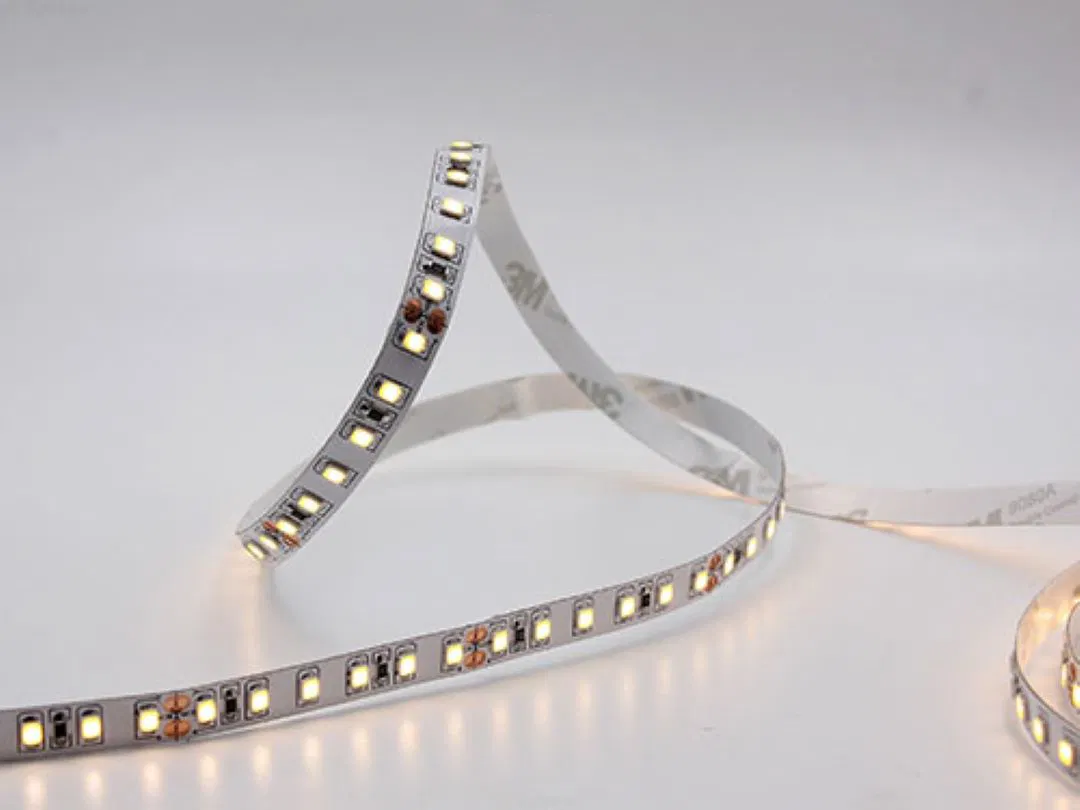
3. Overheating LED Lights
4. Incorrect LED Color Display
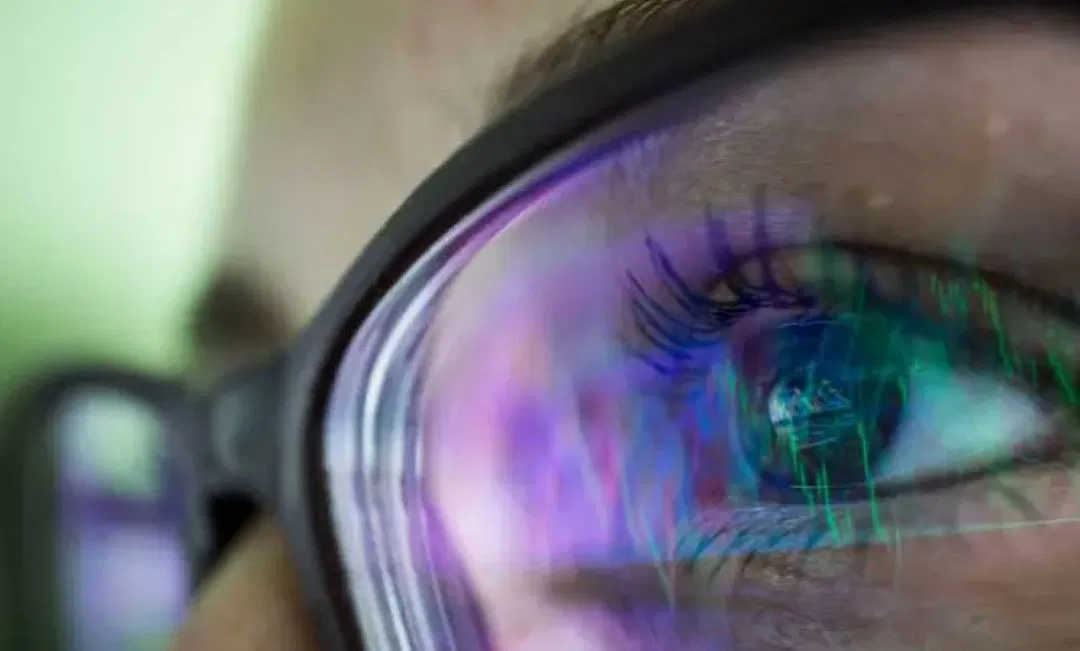
5. LED Blue Light Hazard
6. Buzzing or Humming Noise from LED Lights
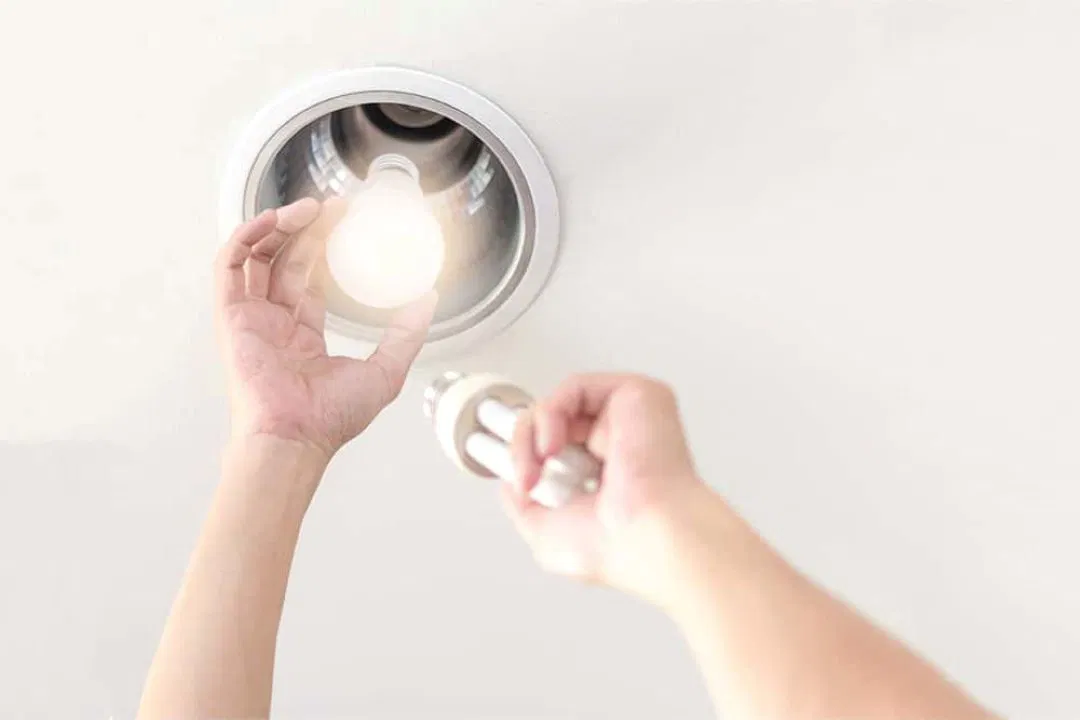
7. Incorrect Installation of LED Lights
8. UV and IR Emission from LED Lights
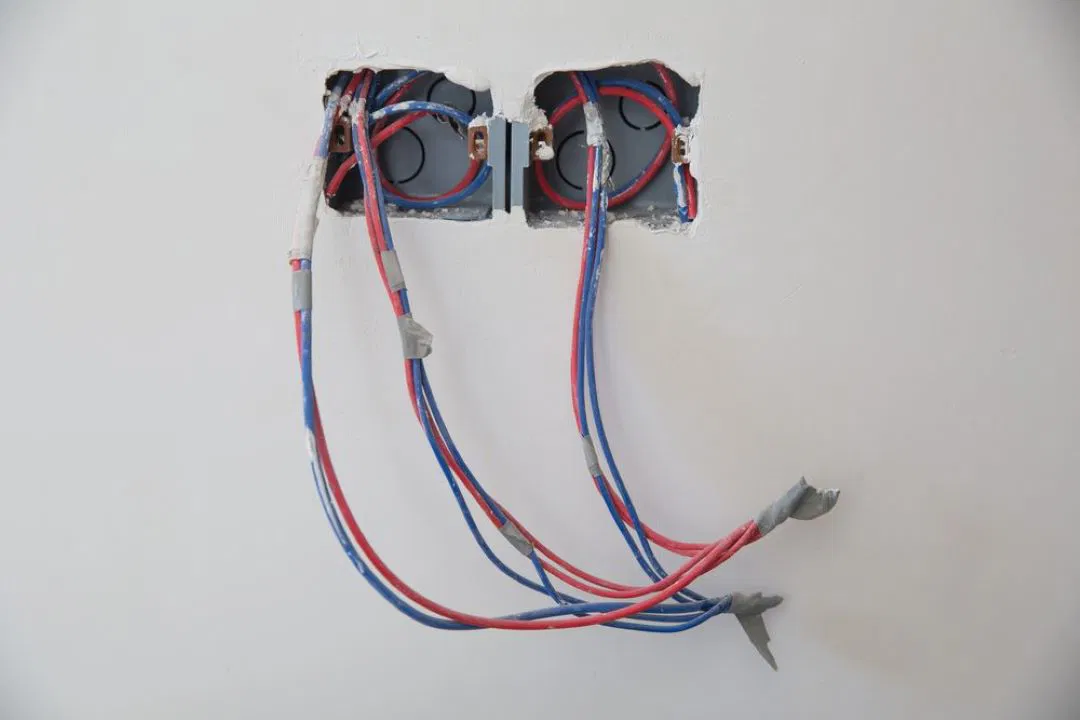
9. Poor Wiring
10. Complex LED Circuits
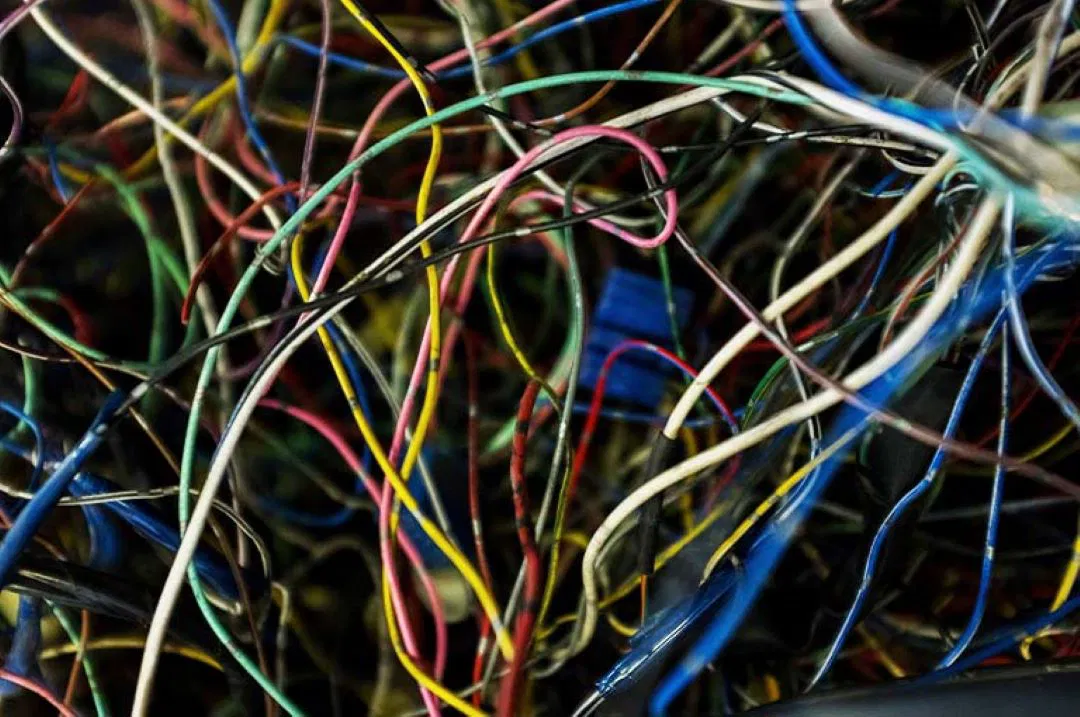
11. Loose Wire Connections
12. Wrong LED Beam Angle
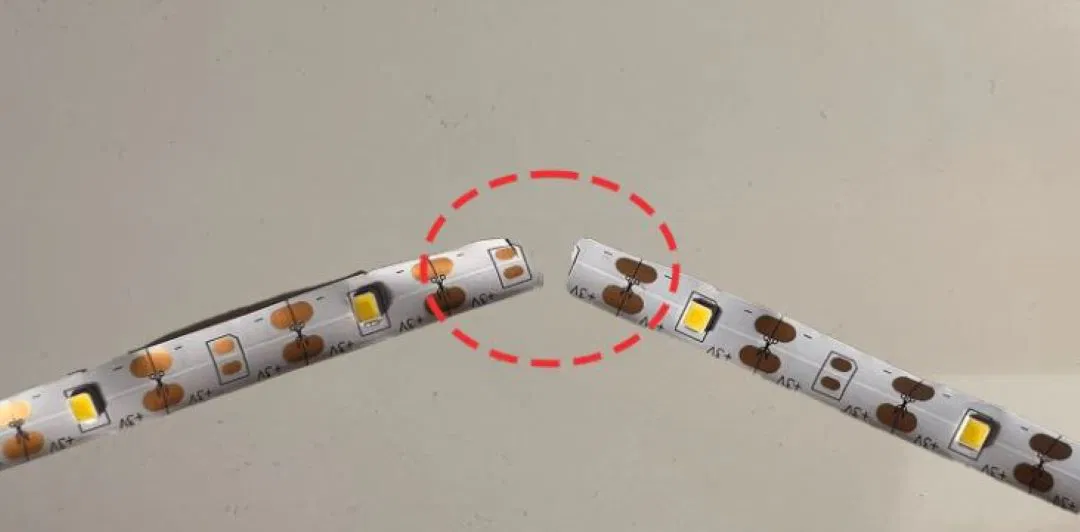
13. Early Failure of LED Lights
14. Excessively Dim LED Lights
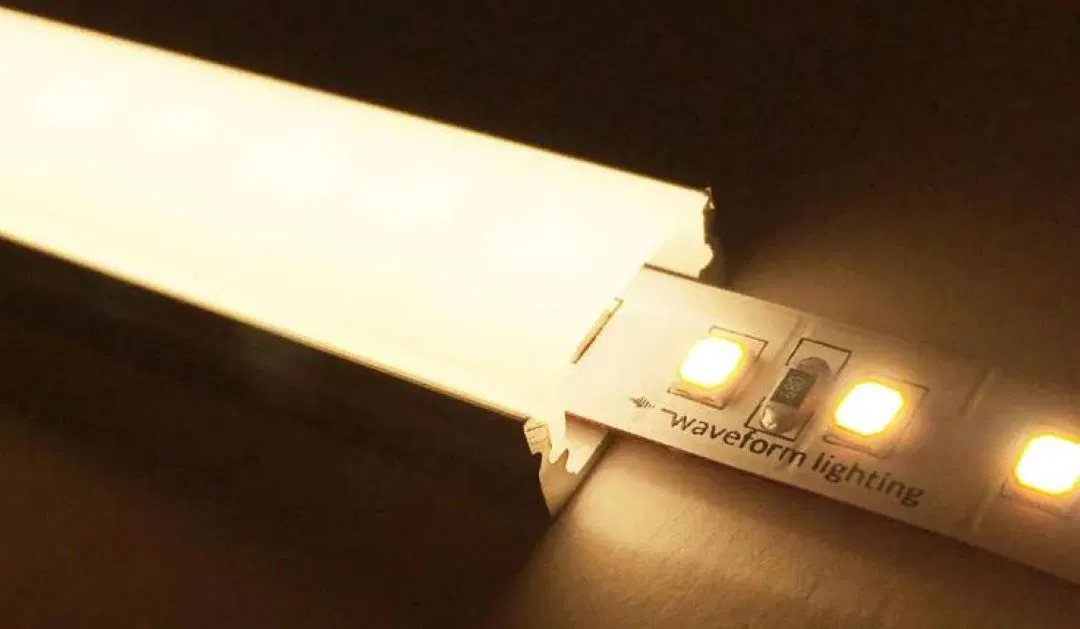
15. Using LED Lights in Incandescent Fixtures
16. Low Color Rendering Index (CRI)
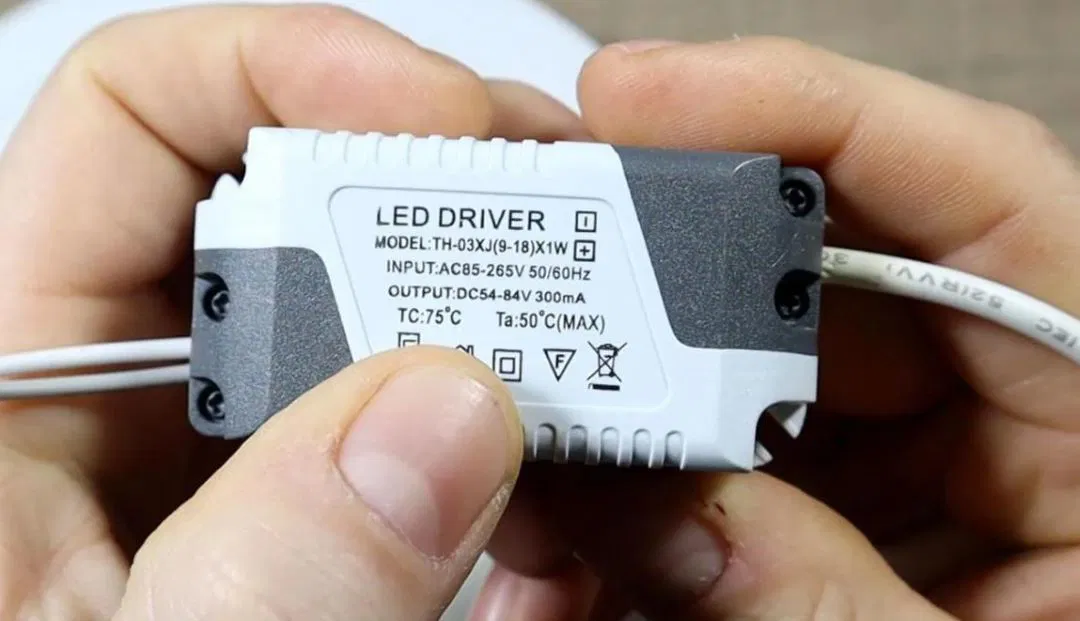
17. Incorrect Usage of LED Driver
18. Faulty LED Driver
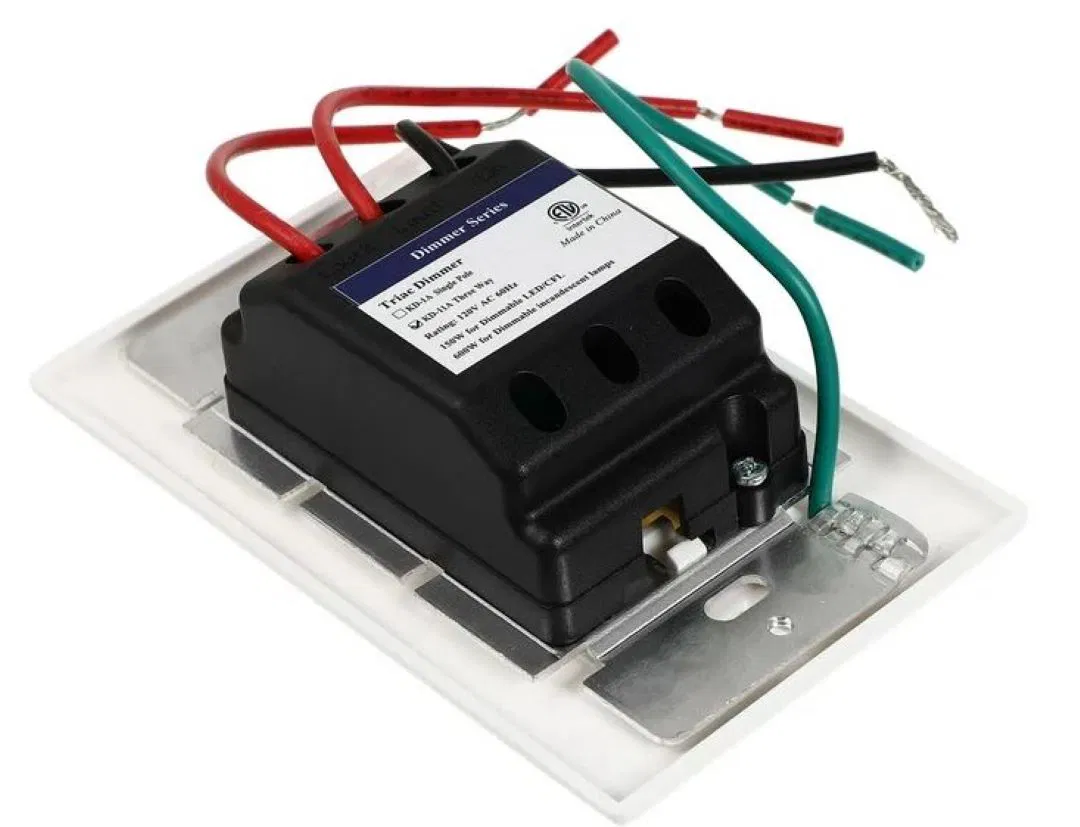
19. Incorrect LED Dimmer Settings
20. Loose Bulbs in LED Lights
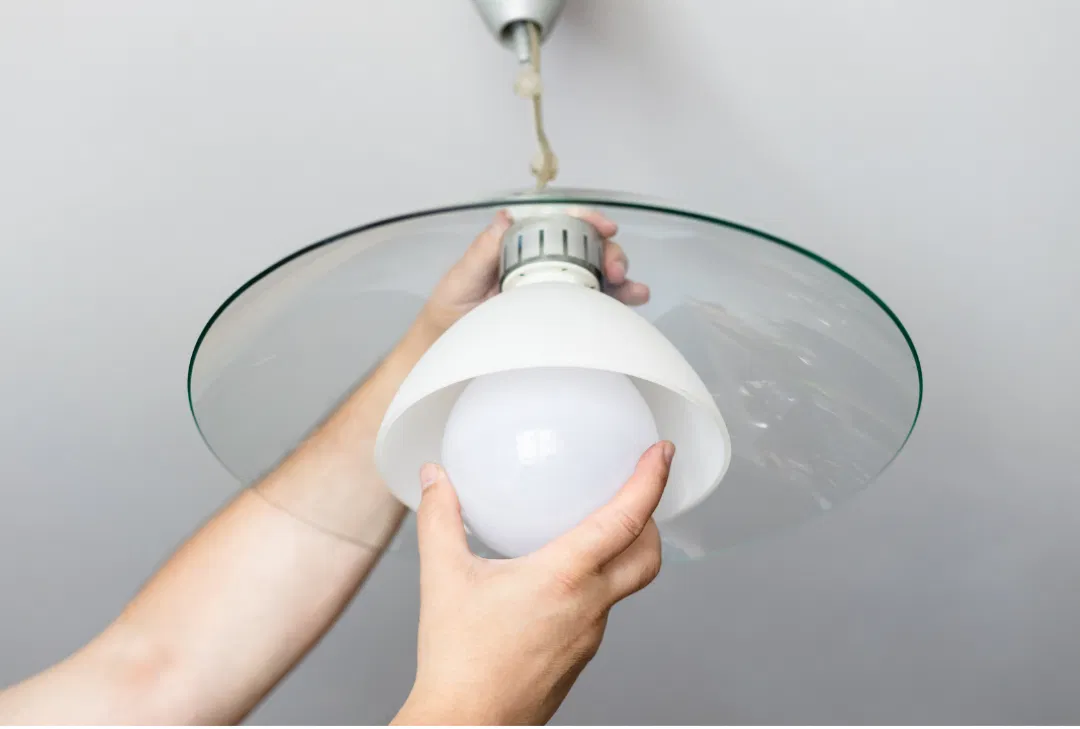
21. LED Dimming Does Not Work
22. LED Lights Attracting Bugs
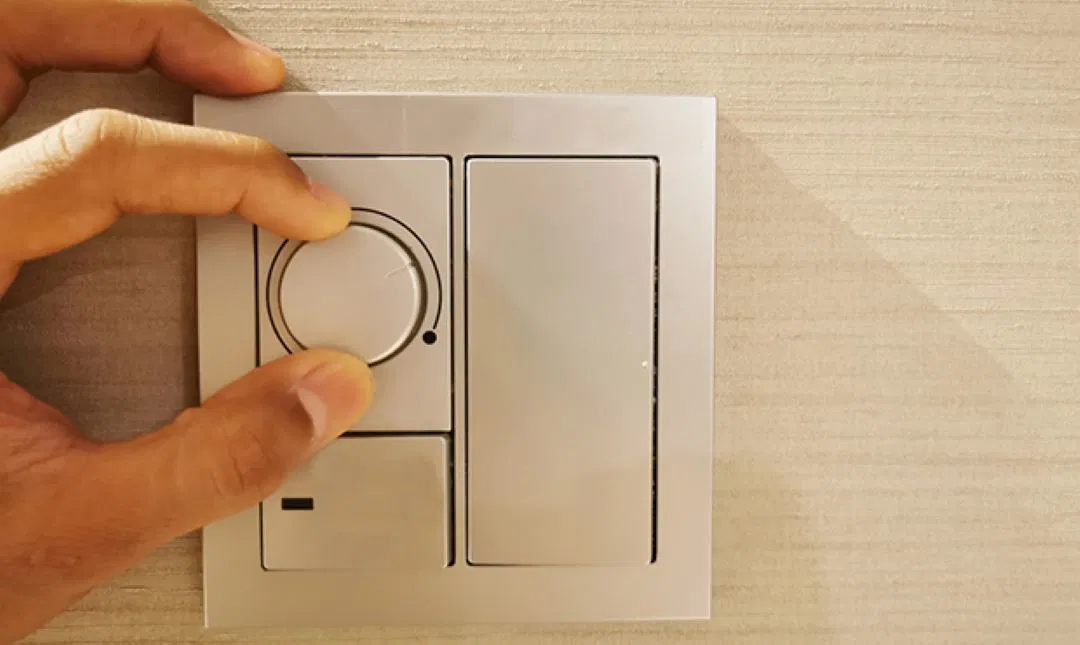
23. Color Inconsistency of LED Lights
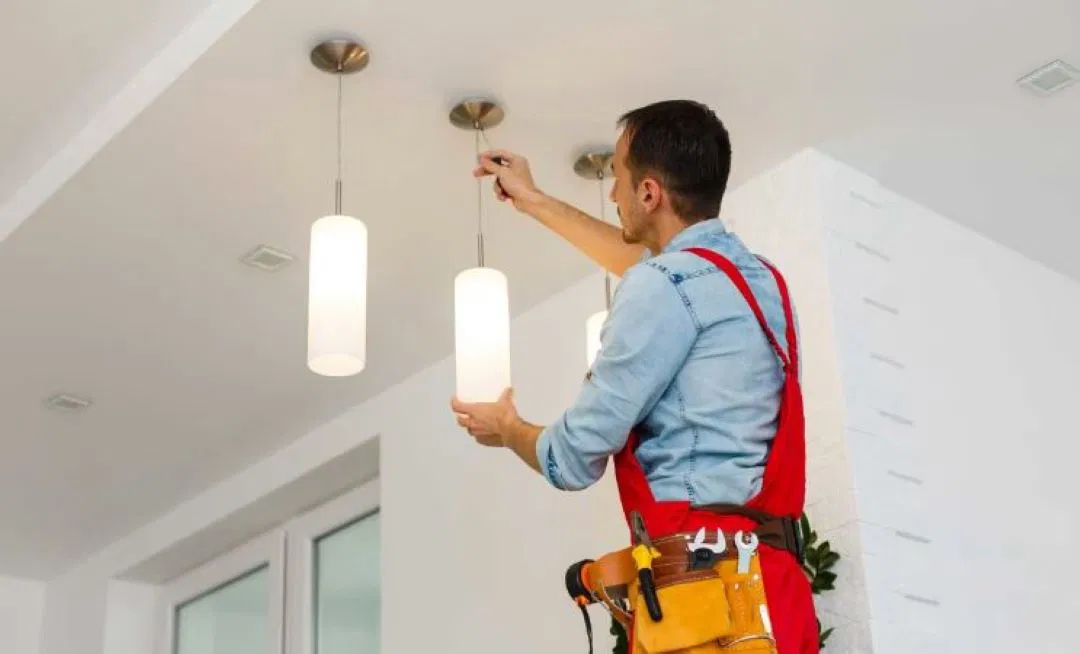
What is the problem with LED lighting?
Why do LED Lights fail so often?

How long do LED Lights last?
Can you repair LED Lights?
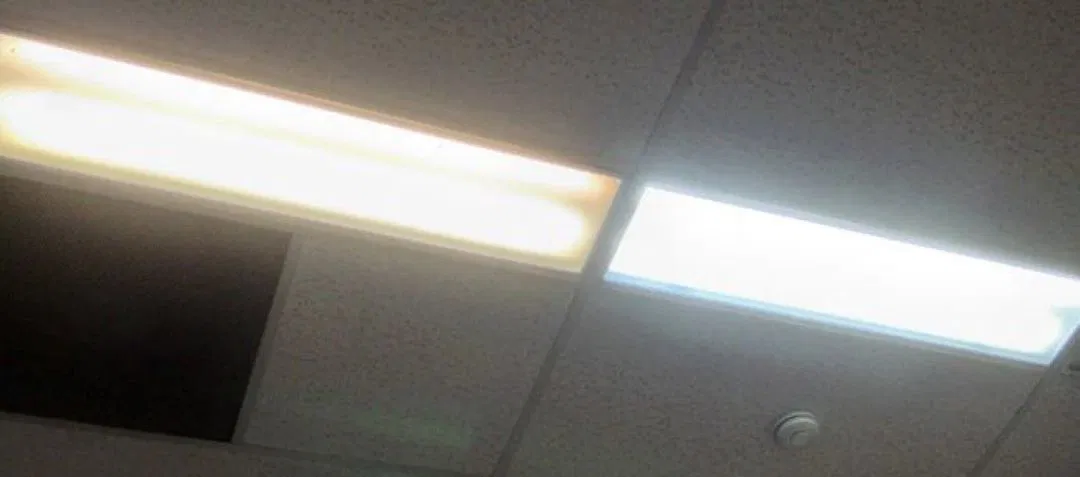
What is the common problem with LED lights?
What are the common LED failures?
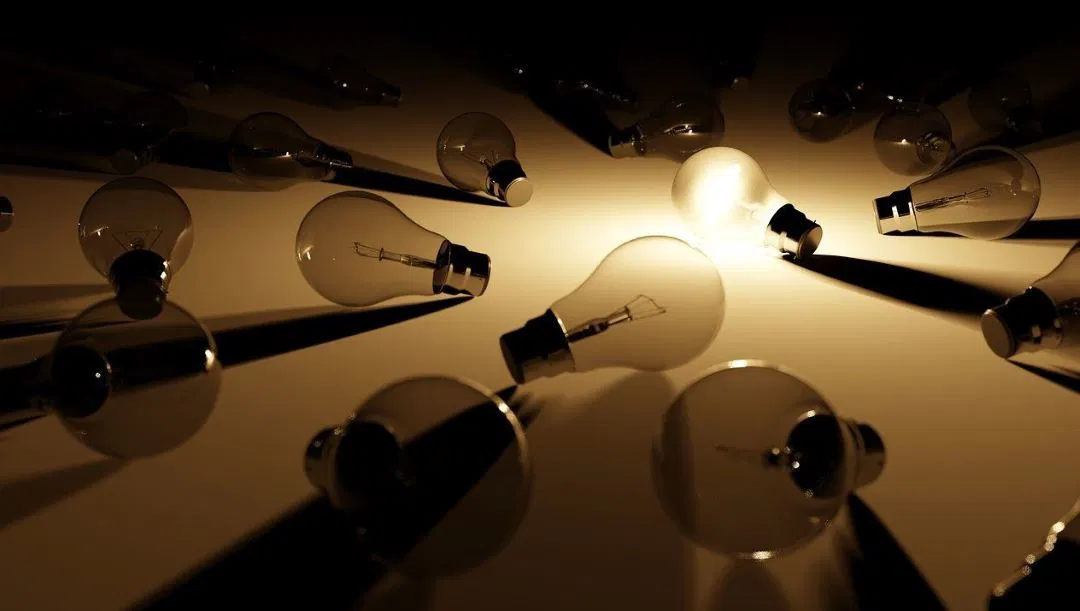
What is the future of LED lighting?
What is the failure rate of LEDs?